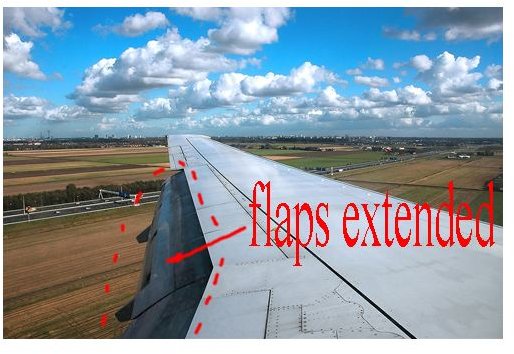This movie is not as good as Cars, but Planes has its good moments too. I used this scene to practice imperative forms and to teach some new vocab as well.
I. Watch the movie segment and try to complete the blanks with imperative forms of the given verbs after watching it..

SLALOM - USE - DIVE - EXTEND - THREAD - ROLL - LEAN - BEGIN - START - DO - GIVE - LET
Useful Vocabulary:
(Cornfield)
 (two plane racing silos)
(two plane racing silos) (slalom the silos)
(slalom the silos) (roll inverted)
(roll inverted) (extend)
(extend) (finish line)
(finish line)II. Watch the segment again and check your answers.
III. Discuss:
1. Do you like watching plane racing competitions? What about car racing?
2. Do you consider it a sport? What skills must you have to be a good pilot racer?
3. Would you like to be one? Why (not)?
4. Are you afraid of flying? Does it make a difference if you are riding a jet plane, a small plane, a helicopter or a hang-glider? Explain it.
WORKSHEET
MOVIE SEGMENT DOWNLOAD
ANSWER KEY:
The flag marks the start line. Across the cornfield, three silos are waiting for you. Slalom those with a 3G pass. Roll inverted and extend, trading altitude for air speed. Dive toward the finish line. Thread the silos. Lean into your turns more. Begin your climb and catch him in the dive. Start your dive now. Do it again, one more time. Come on, push it Duster. Give this run all you've got. Use your radial_G. Let gravity work for you.







